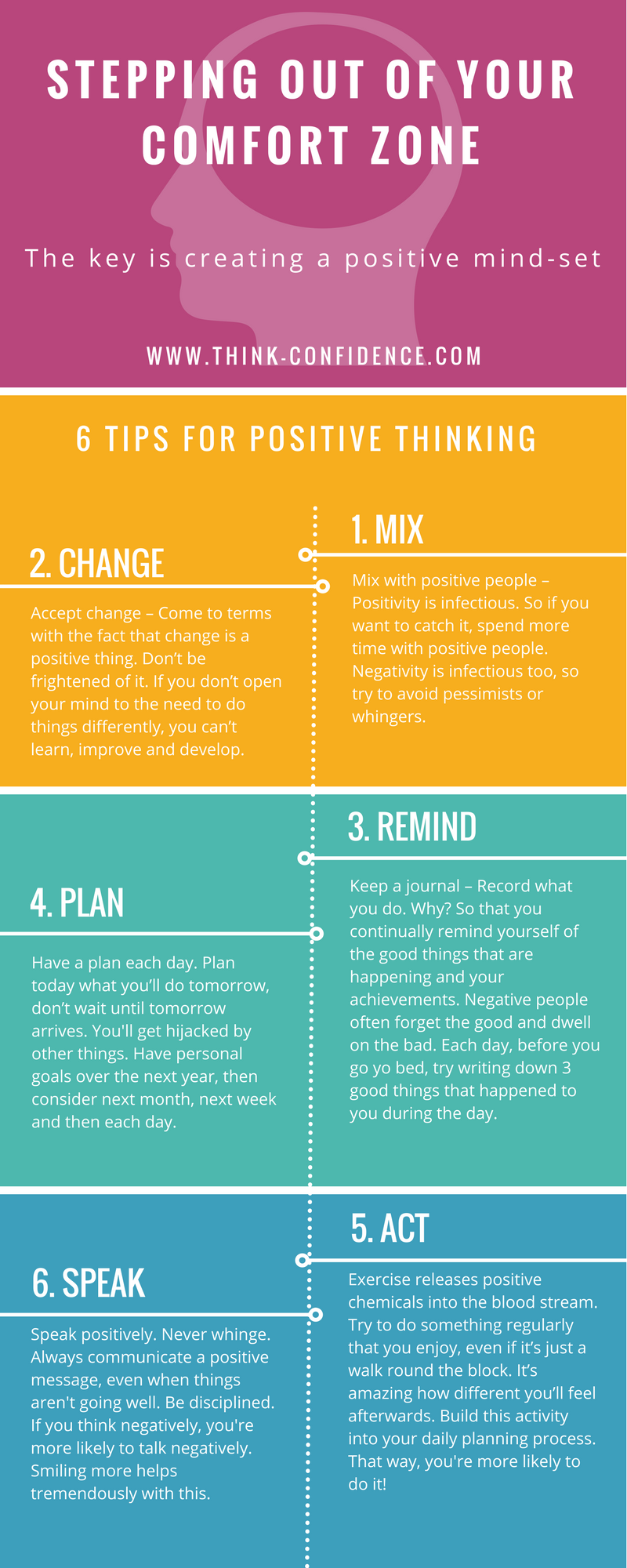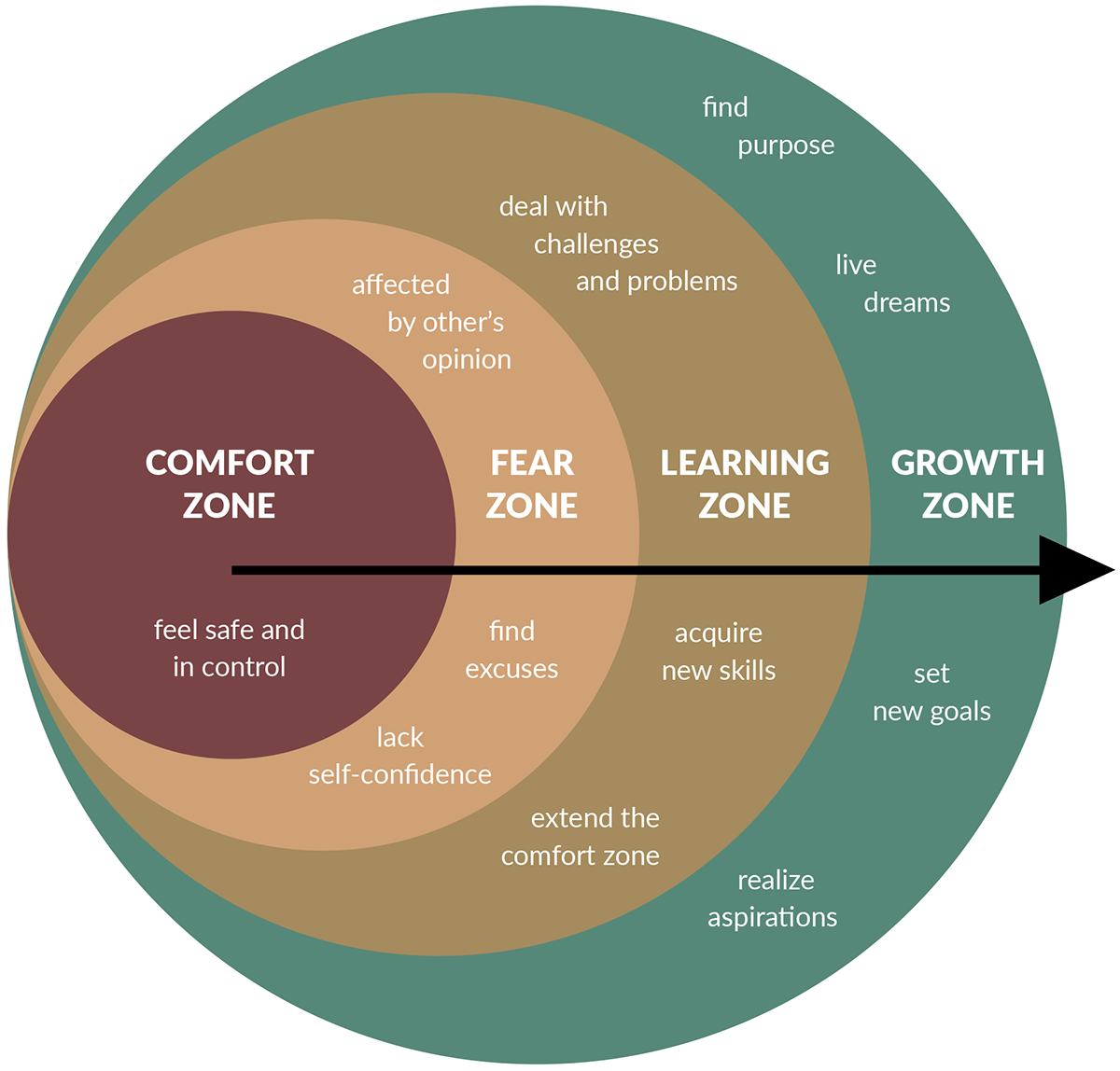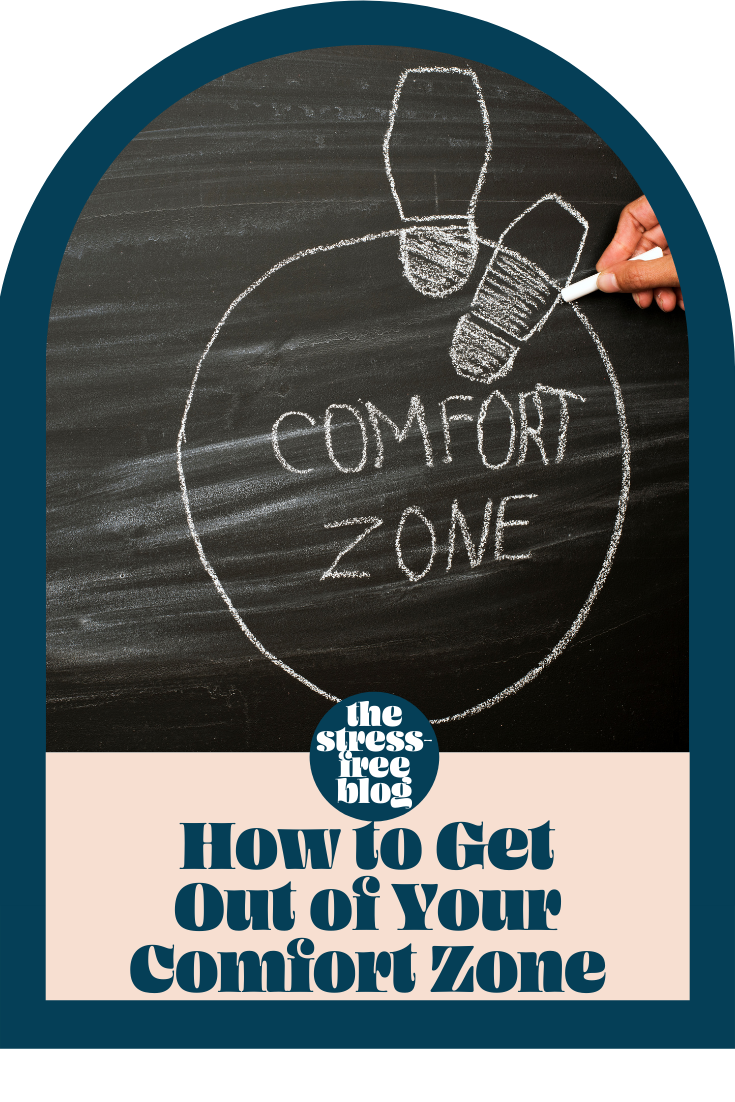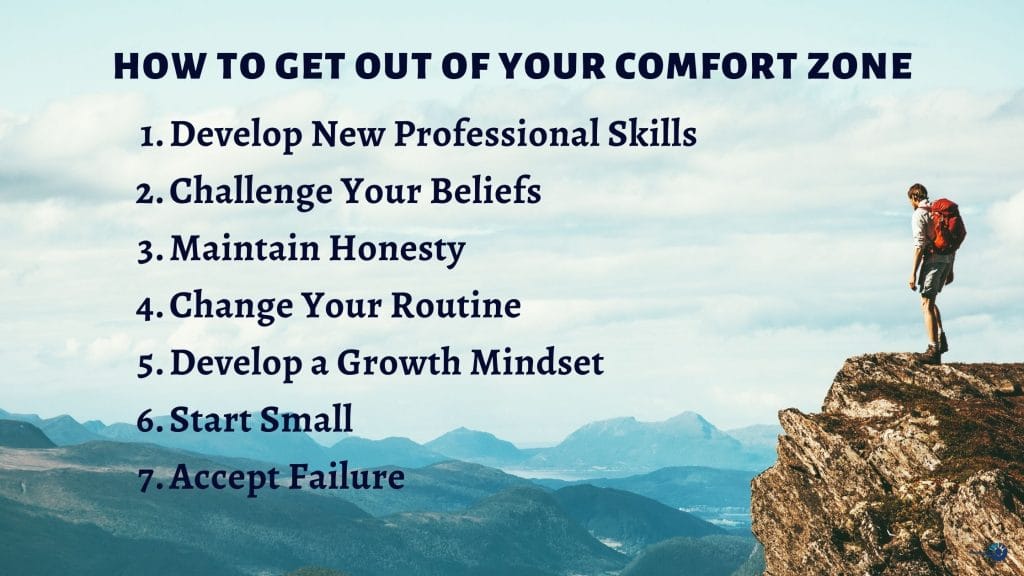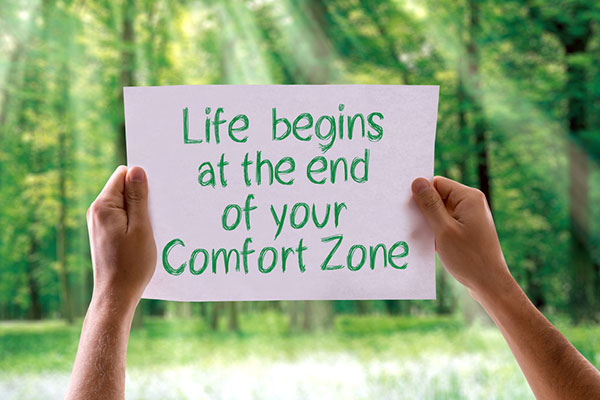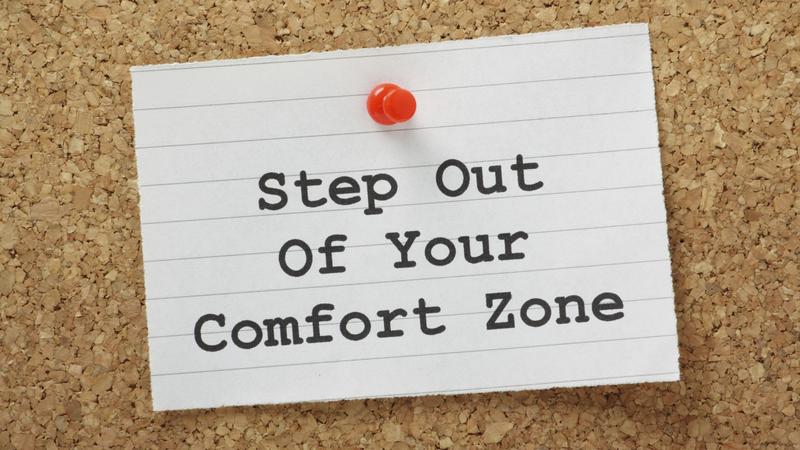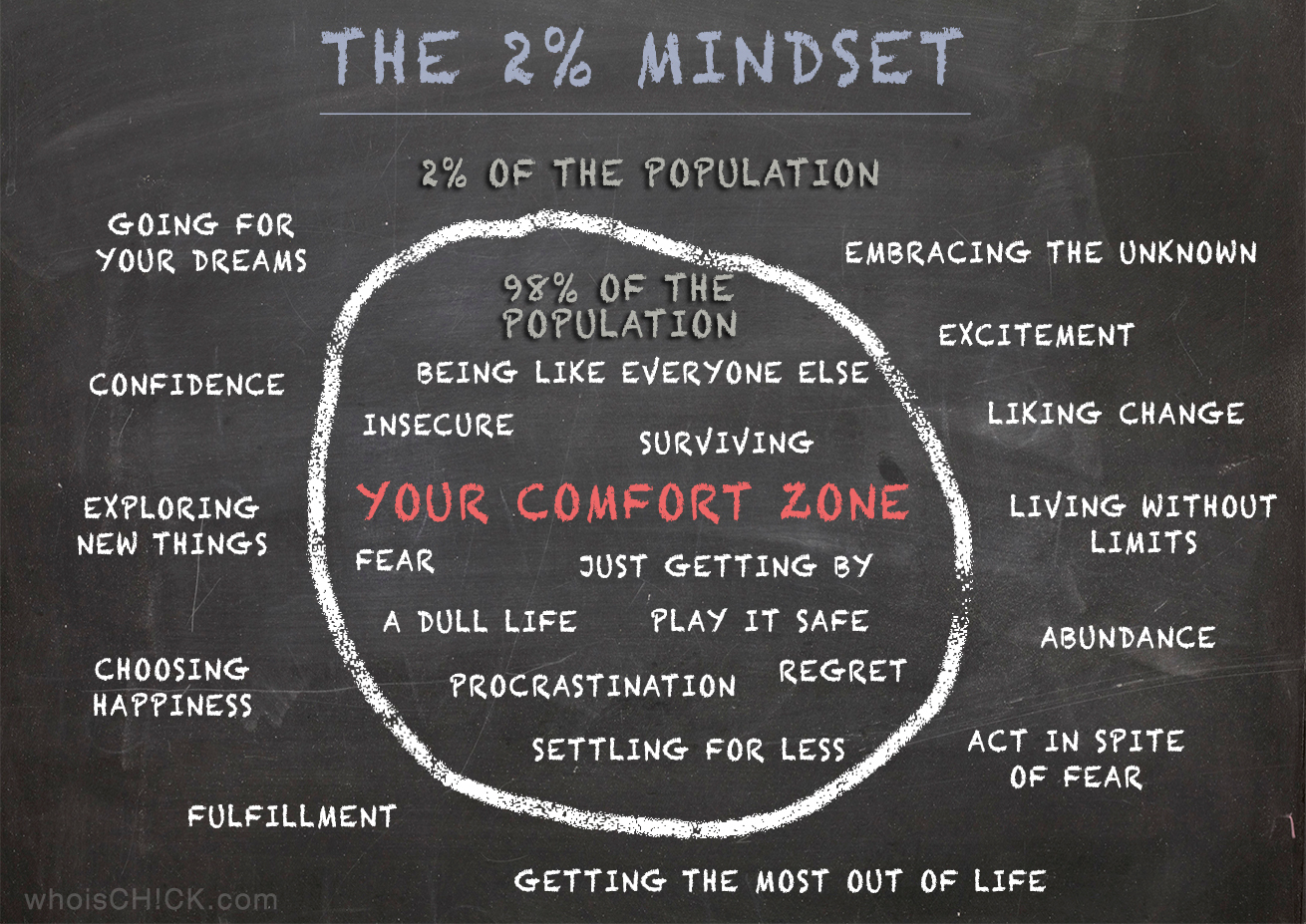How To Come Out Of Your Comfort Zone
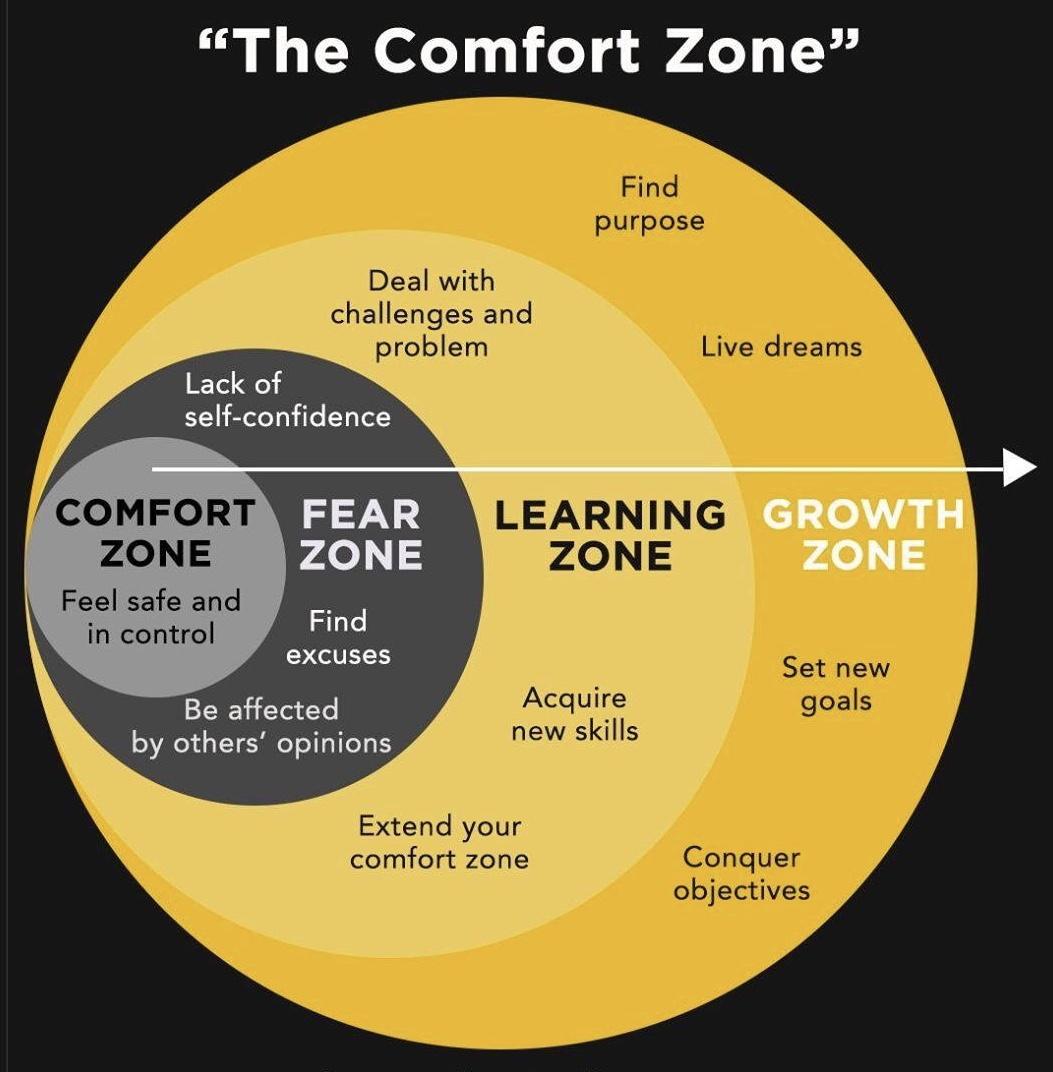
Feeling stuck in a rut? The concept of stepping outside one's comfort zone often evokes a mix of excitement and trepidation. But experts suggest that embracing new experiences, even when they feel daunting, is crucial for personal and professional growth.
The American Psychological Association (APA) defines a comfort zone as a psychological state in which things feel familiar to a person and they are at ease and in control of their environment, experiencing low levels of anxiety and stress. Leaving this zone, while initially uncomfortable, can lead to increased resilience, creativity, and overall well-being.
Understanding the Benefits
Stepping outside your comfort zone isn't about reckless abandonment. It's a strategic approach to self-improvement.
According to a study published in the Journal of Personality and Social Psychology, individuals who regularly challenge themselves report higher levels of happiness and life satisfaction. These challenges foster a sense of accomplishment and build self-efficacy.
Furthermore, pushing boundaries enhances adaptability. This is increasingly important in today's rapidly changing world.
Practical Steps to Expand Your Horizons
So, how can one effectively navigate the path beyond the familiar?
Start Small
Begin with manageable challenges. Don't attempt to climb Mount Everest on your first hike.
For example, if public speaking terrifies you, start by speaking up in smaller group settings or taking an introductory course.
This incremental approach minimizes anxiety and builds confidence.
Identify Your Fears
What specifically is holding you back? Understanding your fears is the first step to overcoming them.
Are you afraid of failure? Or are you more concerned with what others will think?
Once you pinpoint the root cause, you can develop strategies to address those specific concerns.
Embrace Discomfort
Discomfort is inevitable when venturing into new territory.
Instead of avoiding it, try to reframe it as a sign of growth.
Remember that feeling uncomfortable is temporary, and the rewards of pushing through can be significant.
Seek Support
You don't have to do it alone. Lean on friends, family, or mentors for support and encouragement.
Joining a group with shared interests can also provide a safe and supportive environment to try new things.
Finding a "buddy" can make all the difference.
Learn From Mistakes
Failure is a part of the process. Don't be discouraged by setbacks.
Instead, view them as opportunities to learn and grow.
Analyze what went wrong and adjust your approach for next time.
The Impact on Society
While the benefits of stepping outside one's comfort zone are primarily personal, they can also have a positive impact on society as a whole. Individuals who are willing to take risks and embrace new challenges are often more innovative and adaptable.
This can lead to new ideas, solutions to pressing problems, and a more resilient and dynamic society.
"Innovation requires a willingness to step outside the norm," says Dr. Anya Sharma, a professor of sociology at the University of California, Berkeley.
A Continuous Journey
Expanding your comfort zone is not a one-time event, but rather an ongoing process. It requires a commitment to continuous learning and growth.
By consistently challenging yourself, you can build resilience, enhance creativity, and unlock your full potential. Don't be afraid to take that first step; the rewards are well worth the effort.
